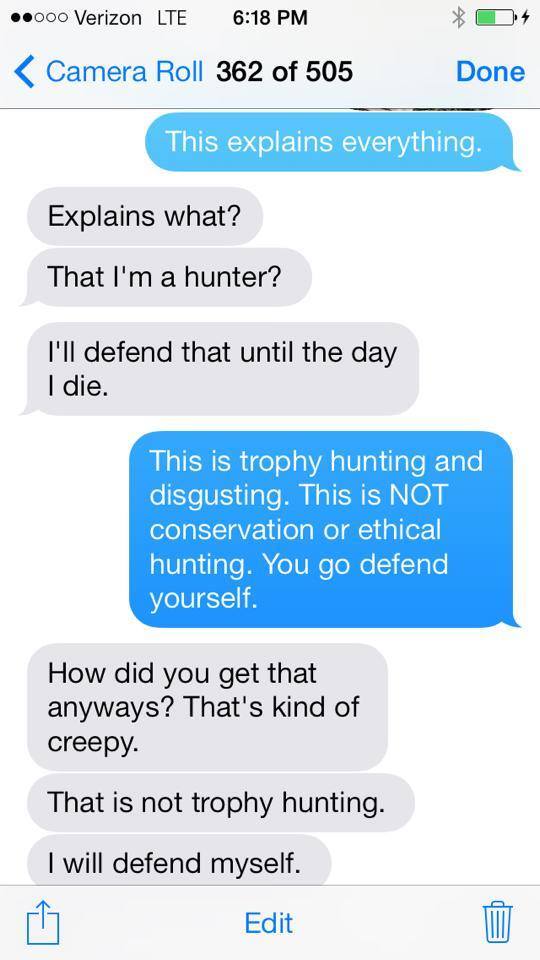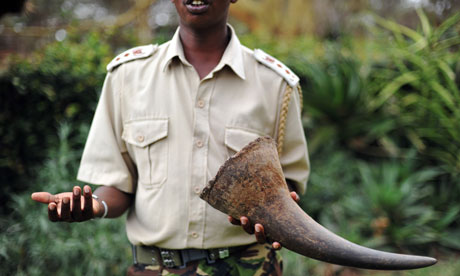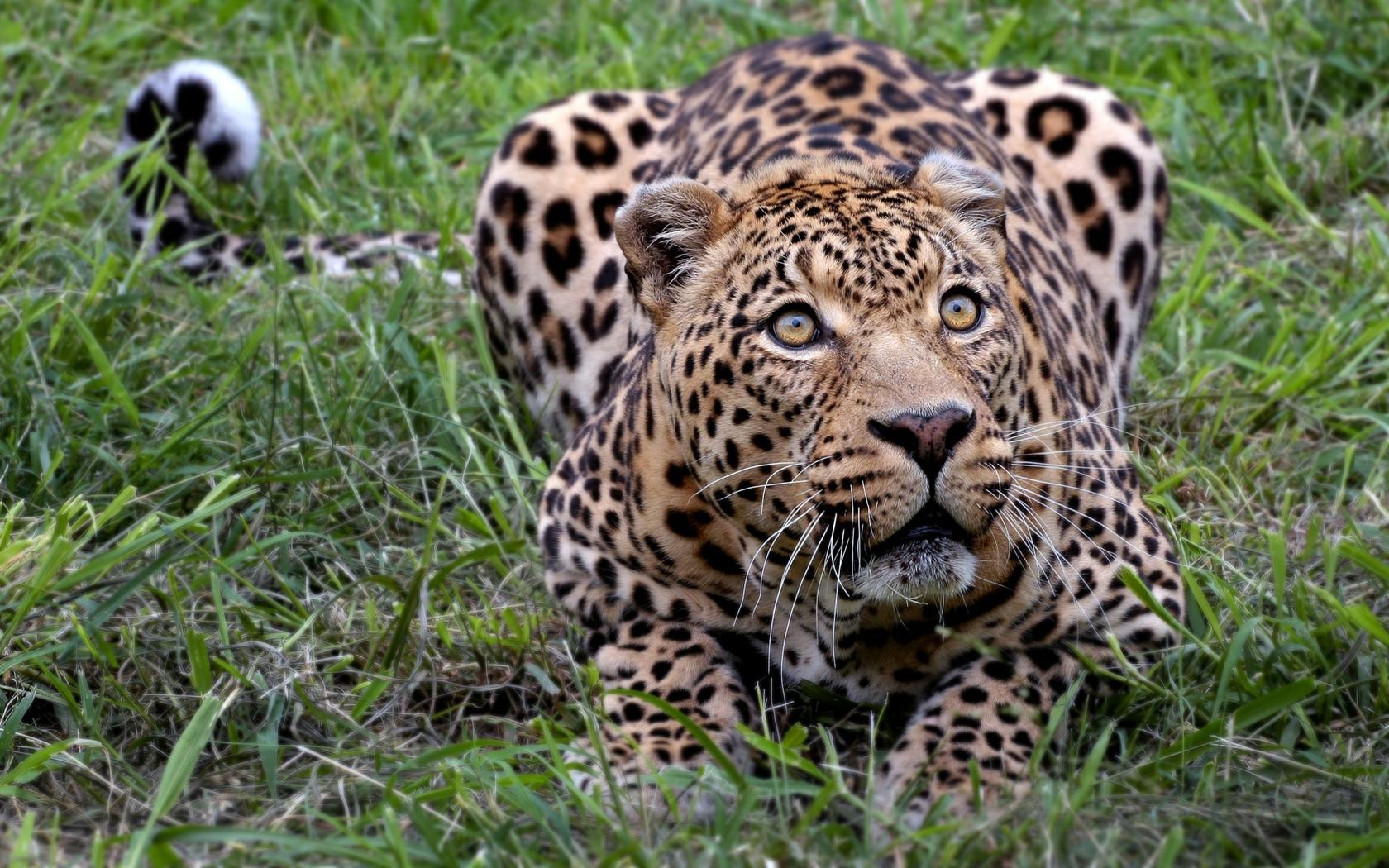Trainee Vet & Hunting - Hypocritical Behavior.
Vet and Hunter?
YESTERDAY we received a rather interesting email from a concerned member of the public that teaches veterinary science a VERY well respected lady with regards to a so called “animal lover” that is within her third year training to be a veterinary student.
The email was polite, did not under any circumstances ask us to engage this hunter but wanted an opinion on whether trophy hunting was (conservation) of which its not!. We answered the respected lady of which voiced her concern at rubbing shoulders with a hunter, one that rubs shoulders with Rhino hunters too.
Sustainable utilization is seen by some as a methodical practice of controlling species over population - however fails to understand and demonstrate that human over population is and will always (be the major issue here).
Hunting is not conservation but according to Chloe Brandon now Chloe Charlton; originally from NYC, Arizona, (pictured) it is, now studying at Oklahoma State University College of Veterinary Medicine in Stillwater hunting is of coarse conservation to her. “Spoilt Brat” Chloe has been causing quite a stir within the veterinary world of which WE are concerned that she (has) may still be practicing hunting within Africa in her spare time.
Hunting Kudu may be seen to some as OK, they are not exactly endangered BUT the lesser Kudu is now classified as (near threatened) and the Greater Kudu is classified as (least concern) one step away from near threatened. In reality both species - Tragelaphus strepsiceros and Tragelaphus imberbis are bordering endangerment.
So is it ethically correct for this (brat) to be hunting soon to be threatened species - more to the point is her behavior seen as (professional) within the veterinary theater of which students are taught to care, bond, make better and not to mix animal cruelty with animal welfare? I personally would not want anyone of my children rubbing shoulders with a hunter - its kind of hypocritical and sets a rather BAD example to other students!
Mrs B (the teacher whom passed us her concerns) passed legislation banning primates as pets last session of which Chloe stated “was “absurd” among other things. Chloe is a so called (veterinary student) that believes keeping (primates as pets is completely OK too) because to her its “absurd that banning them as pets is absurd”
WHEN the respected teacher questioned Chloe as seen within the second picture below Chloe stated she would defend her hunting rights even though both species are verging (threatened status).
Chloe has been quite a busy hunter - at age 8. She started hunting birds, then mule deer, javelina, wild boar and elk in Arizona and
other states. In 2006, she hunted in Namibia with Ken and Lynda Morris of Byseewah, taking kudu (at 222 metres), a gold medal gemsbok, numerous guinea fowl and sandgrouse. At sunset in thick bush on the last day of her safari, she led a ‘clean-up hunt’ for an animal with broken horns that she felt important to take. This article is based on her high school graduation speech! Must have been rather (intriguing)…
Chloe featured within a local media article recently - See here http://www.lifewithcats.tv/2014/05/20/arkansas-tornado-cat-is-reunited-with-her-family/
Hunting is NOT conservation;
Dear Chloe if your reading maybe you need to read up on what your so called (conservation) is doing!
Lets take a real professional look into this >>
African lions are one step away from becoming an endangered species, and a measure designed to preserve them is to blame. A new study suggests that hunters who pay to shoot the animals are killing too many of the big cats.
Seventy years ago, the kings of the jungle numbered 450,000. Now the lion population has dwindled to less than a tenth of that. In the 1980s and 1990s, African nations started to think an old practice might hold the solution to saving the lion: trophy hunting. They hoped that by allowing rich game-chasers to shoot a few animals, landowners would have an incentive to conserve lion habitats and keep the species alive while boosting their local economies. In the meantime, it became conventional wisdom to blame the decline on factors such as conversion of lion habitat for agriculture, disease, and killings by locals upset over lion attacks on people or livestock. But the newest research, to be published in an upcoming issue of Conservation Biology, shows that at least in Tanzania—home to more lions than any other country—that isn’t the case.
Led by Craig Packer of the University of Minnesota, Twin Cities, a team of biologists took a closer look at the diminishing lion populations in Tanzania over the last decade. The researchers analyzed the amount of game brought back by hunters from 21-day safaris, the only legal way to hunt lions in the East African nation. They discovered that from 1996 to 2008, the number of lions hunters bagged in Tanzania decreased by half. It’s not that hunters are scarce: Sales of the wilderness treks have risen by 60% since 1998. And the hunters probably aren’t deliberately shooting fewer animals either, according to geographer Brian Child of the University of Florida, Gainesville, who was not part of the study. “In general, if they’re paying a lot of money, they’re going to be hunting as hard as they can,” Child says.
This leaves only one reason the hunters are bringing in less game: There’s less game out there to shoot.
Packer’s team looked at several explanations for the decline. Expanding agriculture, disease, and retaliatory killings might all play a role, but those threats paled in comparison to recreational hunting, according to the team’s analysis. Shooting for sport was responsible for 92% of hunters’ reduced success.
“I would not have guessed that 92% of the population trend would be explained by trophy hunting, and these other factors would be so weak,” says Scott Creel, an ecologist at Montana State University, Bozeman, who was also not part of Packer’s team.
The numbers are falling in areas where hunting is banned as well. Populations decreased in three out of five protected areas analyzed, including two national parks. Although the reduction in one region (Ngorongoro Conservation Area) could be chalked up to an epidemic and some unfortunate confrontations with herders, those problems also existed in the few areas that saw their lion numbers rise or stay the same. That rules out sickness or retaliatory killing as reasons for the downward trend. According to Packer, trophy hunting can even harm lions that live in places where it’s forbidden, because lions don’t stay put. “These parks are not fenced, and so the lions can pass freely inside and outside the park,” he says. “And if they are outside the park during hunting season, they may be shot.”
Packer suspects that hunters have been overexploiting the lions. Although he acknowledges that the idea of hunting for conservation may work in theory, “there’s no point in providing the animal with economic value and then over-hunting them.”
“But there’s a silver lining here, which is that trophy hunting is something we control very directly. … We can decide how many we’re going to shoot,” Creel says. On the other hand, “telling people who live in poverty that they can’t convert their land to agriculture, that’s suddenly a very difficult thing to accomplish.”
Tanzania allows trophy hunters to shoot only male lions that are at least 6 years old. Theoretically, this is better for the species as a whole than shooting lionesses, but Packer and Child agree that even killing just the adult males poses a serious threat. The country tries to cap the number of yearly kills at 500 in a 300,000-square-kilometer range. Packer thinks even a third of that is dangerous.
However, eliminating the hunt entirely could be even more dangerous. “If you make hunting too difficult, then people are going to switch back to cattle,” says Child. “And then you’ll have no wildlife.”
Hunting is NOT conservation;
Trophy hunting is a specific type of hunting where a portion of the animal is kept as a souvenir to memorialize the experience. It is not illegal, as poaching is, but there is certainly a debate that surrounds the practice.
When photos surfaced of Melissa Bachman posing with a lion she killed, the outrage was immense (for perhaps more complex reasons than solely hunting). In a story on this topic, OGP’s Kristina Pepelko said, “The backlash to her photo is certainly warranted as big game hunting is a poor excuse for conservation, especially when 75 percent of wild lions have been killed in the last 20 years, and this number is likely to accelerate in the next decade if nothing is done, as reported by ABC News.”
Killing animals in the name of conservation is surprisingly something that many groups have claimed. The Dallas Safari Club is proposing to auction off a “special permit” from the government of Namibia to hunt one of Namibia’s 1,800 remaining black rhinos. All in the name of conservation.
While trophy hunting often brings in money to certain parks or locations, it’s counterproductive to the overall idea of conservation. Why shoot something you supposedly want to protect?
1. Trophy hunting can hurt the overall population of a species
Though hunting groups often claim that a small amount of controlled trophy hunting does not harm populations, the opposite appears to be true. In the case of African lions, “Approximately 600 lions are killed every year on trophy hunts, including lions in populations that are already declining from other threats…The adult male lion is the most sought-after trophy by wealthy foreign hunters. And when an adult male lion is killed, the destabilization of that lion’s pride can lead to more lion deaths as outside males compete to take over the pride,” reports Jeff Flocken for National Geographic.
The recent Michigan wolf hunt has been filled with controversy - wolves were recently removed from the endangered species list, and soon after, hunted for trophies. The Toledo Blade reports, “People who understand conservation were appalled [about the hunt]. Michigan Technological University Professor John Vucetich, a conservation biologist, said, ‘There is no scientific evidence wolves need to be hunted.’ He added: ‘It’s not common sense to spend decades bringing the wolf back from the brink of extinction, only to begin killing the animal.’”
Con in Conservation
It seems that there would be less destructive ways to conserve a species, specifically, one that doesn’t involve putting a price on their head.
2. Does it really bring in money to help the animals and local communities?
A study on the economic benefit behind lion hunting in Africa concluded, “The suggestion that trophy hunting plays a significant role in African economic development is misguided…Revenues constitute only a fraction of a percent of GDP and almost none of that ever reaches rural communities.”
Dr. Naomi Rose agrees as stated on the HSUS blog, “Regarding the statement that trophy hunters do a lot for conservation, it’s true that some portion of some hunters’ fees goes to conservation in some countries, but it’s rarely the major source of conservation funding. Usually middlemen—commercial outfitters—take the lion’s share of sport hunting proceeds and local communities and conservation and management agencies get the dregs.”
3. Trophy hunting is elitist
Since trophy hunting for “big game” usually takes place in more remote locations in which people need to fly into, or charter transportation, it’s not really an activity that’s open to anyone. Not that having it open to more people would make it any better, but trophy hunting tends to be richer people going out for the thrill of the chase – under the guise of conservation. For example, the Trump brothers came under fire after photographs of them with animals they had killed in Africa surfaced. Mother Nature News reported that there are many other ways the brothers could have helped the people of Zimbabwe, rather than hunting and killing animals.
True conservation activities should involve the local community in a way that is sustainable, and trophy hunting does not accomplish this ideal.
4. Trophy hunting can be linked to poaching
If trophy hunting were to ever hope to be known as “conservation,” there would have to be extremely close monitoring by scientific and state bodies regarding the health and legality of the hunt.
While a certain amount of regulation does take place, it is not enough to prevent the possibility of trophy hunts being used as cover for poaching. According to a report “The Myth of Trophy Hunting” by Save African Animals, “Opening up even a limited legal trade creates a smokescreen for poachers which is almost impossible to police. Prior to 1986, when the whaling moratorium was introduced, legal quotas were widely used as cover for poaching, driving some species near to extinction. The same is happening with trophy hunting of endangered species.”
The hunting of animals for trophies, especially large game animals, can lead to a slippery slope in which the animals are the victims. The report also includes more information on the many issues behind trophy hunting.
5. Financial incentives can hurt the population of a species
Monitoring the population of a species takes a lot of resources for conservation groups and governments. It is possible that misinformation can lead to incorrect reporting of numbers to encourage hunting, or the financial benefits of continued hunting lead groups to inflate their reported numbers.
Dr. Naomi Rose, a marine mammal biologist, explains “…Sport hunters’ fees put economic pressure on managers to inflate hunting quotas beyond sustainable levels…Despite what science and common sense said, the quotas were increased and the [population of] bears declined.”
The infamous Canadian seal hunt is the largest slaughter of marine mammals per year, and the seals are used for their fur and other body parts. Sea Shepherd reports that, “There is no scientific justification for these quotas as the seal counting techniques used amount to little more than guesswork. Further, Canadian author and naturalist…Farley Mowat, estimates that for every seal landed, another is shot and lost under the ice, not to be included in the count. According to the Canadian government, the hunt will not harm seal populations, however, the facts dispute their unfounded claim.”
Some humane ways that you can help protect animals include:
Simple eco-tourism – instead of going to shoot big game, why not take a trip to simply appreciate these animals in their natural state?
Habitat protection – Visit national and international protected parks or contribute to these organizations.
Support organizations like the World Society for the Protection of Animals and the World Wildlife Fund that are working towards conservation that doesn’t include killing.
Chloe can be seen here —> http://www.africanhuntinginfo.com/Archives/magazines/AHG_v13-2/ASG_v13-2_(Low-Res).pdf Page 117
If you see Chloe in Africa please let email us know below; We will NOT tolerate this unprofessional behavior !
http://www.international-animalrescue-foundation.org.uk/investigations-and-formal-contact/
Tell Chloe what you think here https://m.facebook.com/profile.php?id=624452





